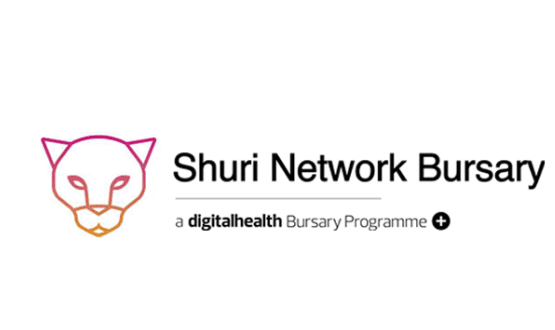Finnish company trials cardiac telemedicine
- 5 December 2007
VTT Technical Research Centre of Finland has developed remote healthcare services that allow patients to be treated globally, irrespective of the solutions provided by hardware and data system suppliers.
In Finland, the first trial services for treating cardiac patients and patients suffering from chronic illnesses have been promising.
A VTT spokesperson told E-Health Europe: “Remote monitoring systems combined with a well-functioning healthcare organisation will improve the quality of life for patients in need of regular monitoring by a doctor, because treatment does not always require a stay in the hospital.
“Some patients suffering from chronic illnesses can be treated at home, without having to occupy hospital beds. The contribution and expertise of healthcare personnel can be focused on those really in need of help. IT solutions will help with the increasing need for services in healthcare. People are seeking more individual treatments and better service.”
The new remote healthcare service has been tested this autumn with cardiac patients in Finland. In addition to VTT and Emtele, Comptel and the cardiology centre of the Pirkanmaa Hospital district have participated in the trials.
The IT service is based on a standards-compliant data traffic and management platform, to which the health monitoring and measuring instruments of different manufacturers can be connected in an interoperable manner.
The internet-based service platform GHMP (Global Health Monitoring Platform) enables remote healthcare services provided across organisational boundaries, time zones and country borders.
VTT’s spokesperson added: “All the parties in the value chain are required in implementing the service: the measuring instrument supplier, service operator, the supplier of data processing applications and the consultant physician service.”
Trialled in the Tampere Cardiology Centre, with involvement of the local health centre and emergency outpatient clinic; users can send the patient’s EKG graph and a consultation request to the on-duty cardiologist at the cardiology centre.
The consultant cardiologist is informed about the consultation request by e-mail, allowing him/her to analyse the EKG graph at his/her workstation.
Attached to the request, the cardiologist receives the patients background details to assist in drawing up the consultant’s report.
Combining these with the EKG findings, the consultant makes the initial diagnosis and a recommendation for the patient’s treatment. The consultation request and reply are entered on electronic forms that can be attached to the electronic patient record.
In the remote service trial, the consultation request is conveyed to the expert via the PIR document service developed by VTT. The EKG graph is analysed in the digital EKG archive of the laboratory centre of the Pirkanmaa Hospital District. The consultation form has not been integrated in the electronic patient record as yet.
In Finland, the initial experience of the tested consultation services is positive.
The spokesperson told EHE: “During the very first weeks of the trial, cases of arrhythmia were diagnosed, medication amended and high-risk patients were identified following consultations.
“It is likely that remote care will allow limited healthcare resources to be allocated more systematically. Experience gained in other countries from remote consultations by cardiologists is encouraging.”
VTT will continue to explore new potential areas for collaboration in eHealth, such as text mining of medical annotation and mining of genetic information, eHealth services, cardiac and video monitoring systems for home care or mobile care systems, leveraging on the foundation established to bring R&D co-operation to the next level.
Links
VTT Technical Research Centre (Finnish only)
Joe Fernandez
Pirkanmaa Hospital http://www.tays.fi/default.aspx



